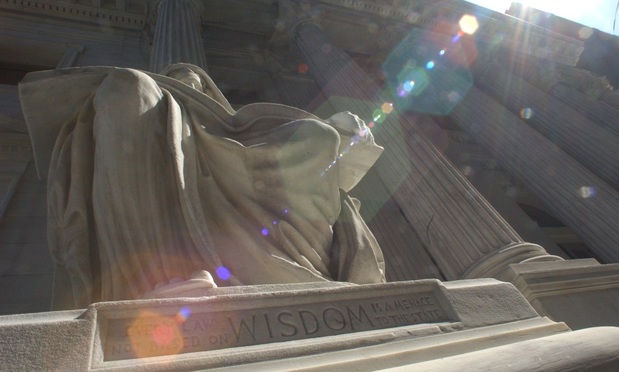Since the 1960s, clinical education in law schools has provided real world experience to law students and legal representation to those least able to access it. Adjudicators across American government co-created this innovative model by promulgating student practice rules, as a way of enhancing law school training while emphasizing the importance of pro bono and legal aid service.
Student practice rules are important not only because they facilitate better training for prospective lawyers; they also enable law schools to provide critically needed free legal services. As the 2015 report of the Permanent Commission on Access to Justice noted, “approximately 1.8 million litigants in civil matters in courts in every region of New York State remain unrepresented.” The commission also stated that law schools provide “significant work” in addressing the access-to-justice gap.



